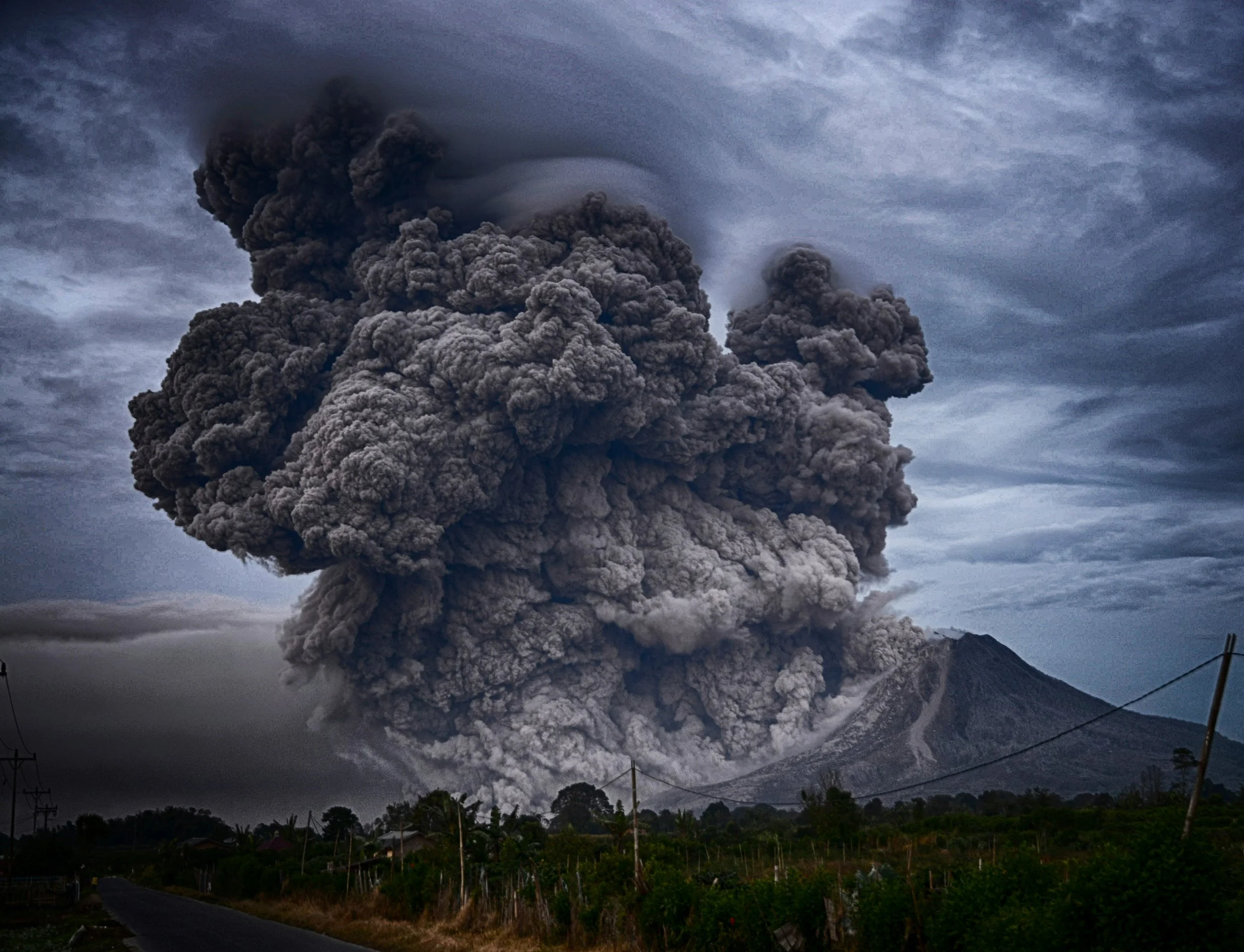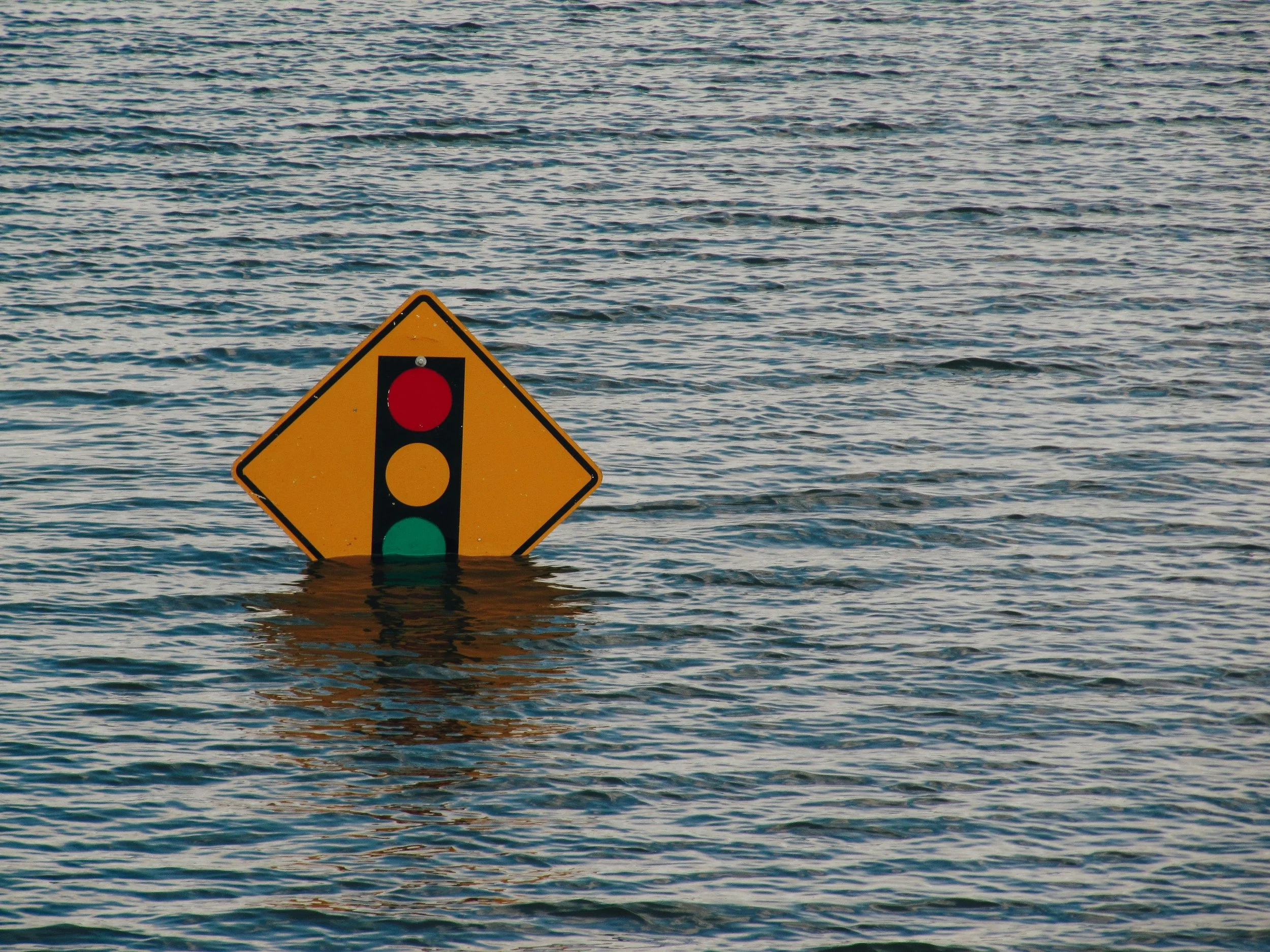Coping with + Healing from Natural Disasters & Other Traumas (Adults & Children)
Whether you are a young adult, an older adult, or a parent, managing your pain, fear, grief, and anger after a natural disaster is hard. When adults and adolescents experience a traumatic event, the couple or family can encourage discussion of the event itself and explore feelings about it. Parents can discuss the expectable strain on relationships with family and their peers, and offer each other support to cope with the challenges (during and after the disaster).
It may be important to help adolescents or adults understand their “acting out” or “lashing out” behavior as an effort to voice anger about the traumatic event. It may also be important to discuss thoughts of revenge if you believe a person or group is to blame for the disaster, and help formulate constructive alternatives to violence that lessen the sense of helplessness you or your children may be feeling.
A traumatic experience may compromise your mood and/or your daily functioning. Children and adults may display sleep disturbances, which might include difficulty falling asleep, fear of sleeping alone, or frequent nightmares.
Other common occurrences after a natural disaster include physical symptoms that seem to have no obvious medical explanation: headaches, stomach aches, fatigue, (aka somatization), and some people engage in uncharacteristically reckless or aggressive behavior following a natural disaster.
Adolescents and men exposed to a traumatic event often feel self-conscious about their emotional responses to the event. Concerns about being labeled “abnormal” or weak may lead adolescents and/or men to withdraw from family and friends. Even in this enlightened era, many men still feel a social pressure to keep it together and not feel or admit vulnerability, fear or sadness.
A traumatic event such as a natural disaster could lead to a radical shift in the way you think about the world. Some people begin to engage in self-destructive or accident-prone behaviors (careless driving, kitchen accidents, overuse of alcohol, weed, and hallucinogenics).
Family members can have different experiences and emotional responses to the same traumatic event. Recognizing each person’s unique experience of the event, and helping each other cope with feelings of grief, fear, anger, or even guilt* will be a necessary part of achieving a successful recovery (individually and as a couple or family).
Although not often talked about, guilt is very common for natural disaster survivors. Whether you feel guilty about not being able to protect a child, spouse, friend, or elder from a traumatic event, how you handled the event, or you feel guilty for surviving a natural disaster more favorably than others, talking about and resolving your guilt and other messy feelings will also be a vital part of the emotional recovery process.
Helping Children and Adults Heal after a Natural Disaster, Crisis, or Loss
Human beings have the potential to develop the ability to reflect on, and learn from, their own behavior and their reactions to the behavior of others. When our minds are relatively quiet or calm, we can examine the reality of our situation and investigate the options available to us.
Trauma often leads to an unquiet mind. In addition to facilitating thoughts that can quickly spiral out of control, intense emotions become an accelerant for mental chaos. When our minds are chaotic, it’s harder to calm ourselves, see reality clearly, or to help those we care for dela with difficult, painful, and or confusing conditions and catastrophes.
So, a first step in healing from trauma is quieting or soothing your own mind.
A fundamental goal of parenting is to help children stay emotionally regulated so they can thrive and achieve their full potential. Parents strive to protect their children from danger whenever possible, but sometimes serious danger strikes despite our best efforts to prevent it, whether it is a natural disaster such as a wildfire, flood or earthquake, or it is “manmade,” such as a school shooting, domestic violence, or a peer’s suicide.
Even when a danger is life-threatening or poses a threat of serious injury, but the child or family escapes danger, the event still can become a potentially traumatic event for a child or an adult. By understanding how children experience traumatic events and how children express their lingering distress over traumatic experiences, parents, physicians, communities, and schools can respond to their children and help them through a challenging time. The goal is to restore balance to these children’s lives and the lives of their families.
Adults and Children can experience trauma differently. However, if an adult has unresolved attachment or early childhood trauma, there can be many similarities between the ways children and adults are affected following a natural disaster or other traumatic event.
Survivor’s may experience a feeling of helplessness, uncertainty about whether there is continued danger, a general fear that extends beyond the traumatic event and into other aspects of their lives, and difficulty describing in words what is bothering them or what they are experiencing emotionally. This feeling of helplessness and anxiety can often be expressed as a loss of previously acquired skills and competencies.
Sleep Difficulties (difficulty falling or staying asleep, fear of sleeping alone, nightmares, night terrors, )
Social Isolation (avoiding social opportunities, not answering calls and texts, cancelling plans, sequestering)
Clingy Behavior (separation anxiety from parents, family, partners, pets)
Behavioral Regression (children may lose speech or language skills, adults have accidents, get clumsy or forgetful)
Preoccupations with Safety (regarding a recurrence of the event or safety concerns that get generalized)
Prolonged Grief (often referred to as “Pathological Mourning” or “Complicated Bereavement,” children and adults can become obsessed with the replaying of events surrounding the disaster or trauma, retelling the story of how it occurred, what they saw, heard, or did, or driven to compulsively look at photos of the wreckage, the carnage, or the way life was prior to the disaster).
It is important to address these compensatory behaviors with empathy, curiosity, and compassion as they are usually a reflection of the survivor’s attempt to process their trauma. A licensed mental health expert like a Psychologist, Psychiatrist or other trained professional should be able to assist survivors individually, or in a family or group setting so all of the emotions associated with and resulting from the traumatic event can be properly and fully processed.
CALM YOUR MIND WITH MINDFULNESS
Feeling at Home is an Inside Job
Mindfulness is an excellent antidote to the stresses of modern life and especially to traumatic events. It is the art of paying attention to bodily and external experiences in the present moment with curiosity and without judgment. Mindfulness refers to a quality of attention that can be brought to any moment in life. Mindfulness can be enhanced through a meditation practice. It can be used throughout the day to help you deal with stressful situations, improve your emotion regulation, and reduce your behavioral impulsiveness. Mindfulness tools and practices can help you manage the difficult feelings and realities you encounter at work, with family, in relationships, and it can help you cope with difficult people or cirumstances. Anyone can be taught to use mindfulness to improve their sense of well-being and optimism, no matter what life's circumstances bring you. Mindfulness can be especially helpful during and after traumatic events to help you stay or get calm or grounded.
UCLA’s MARC (Mindful Awareness Research Center) has developed a free app to help children and adults master the skills of mindfulness. The app offers many different mindfulness meditations to help you through manage different situations and conditions. You can use the app on your phone or digital device to quickly calm your mind or the minds of your children and loved ones. Check out the MARC App: https://www.uclahealth.org/ulcamindful/ucla-mindful-app
MENTAL HEALTH & PARENTING RESOURCES TO HELP YOU HELP YOURSELF AND YOUR CHILDREN AFTER A TRAUMA
Reading calms the mind.
Resources For Improving Your Mental Health and Well-Being
Recovery takes time, and mental health support can make a difference. Below are organizational and digital resources that can get you on the road to recovery and provide you with additional resources and skills.
Disaster Distress Helpline (Link): Call or text 800-985-5990 (available 24/7)
Soluna app (Link): Free mental health support for California teens and young adults
BrightLife Kids (Link): Free mental health resources for families with children up to age 12
Together for Wellness (Link): Mental health resources available in multiple languages
Bounceback Now (Link): A free mobile app for emotional recovery after disasters
Help Me Grow LA (Link): Connects families to local programs and services
The following publications may be of value to parents and educators to help you and your children heal:
Parent Guidelines for Helping Children Impacted by Wildfires (En Español)· Wildfires: Tips for Parents on Media Coverage (En Español)
· Simple Activities for Children and Adolescents
· Trinka and Sam: The Big Fire - e-book for young children. (En Español)
· Helping Youth After a Community Trauma: Tips for Educators (En Español)
· Talking to Children: When Scary Things Happen (En Español)
· Creating Supportive Environments: When Scary Things Happen (En Español)
· After a Crisis: Helping Young Children Heal (En Español)
· Helping Teens with Traumatic Grief: Tips for Caregivers (En Español)
· Helping School-Age Children with Traumatic Grief: Tips for Caregivers
(En Español)· Helping Young Children with Traumatic Grief: Tips for Caregivers (En Español)
· Once I Was Very Very Scared (En Español)
– children’s book for young childrenAlso, check out the Community Resources page of this website for additional resources to help you and your loved ones successfully heal. There you should find a list of Southern CA clinics and organizations offering assistance.






